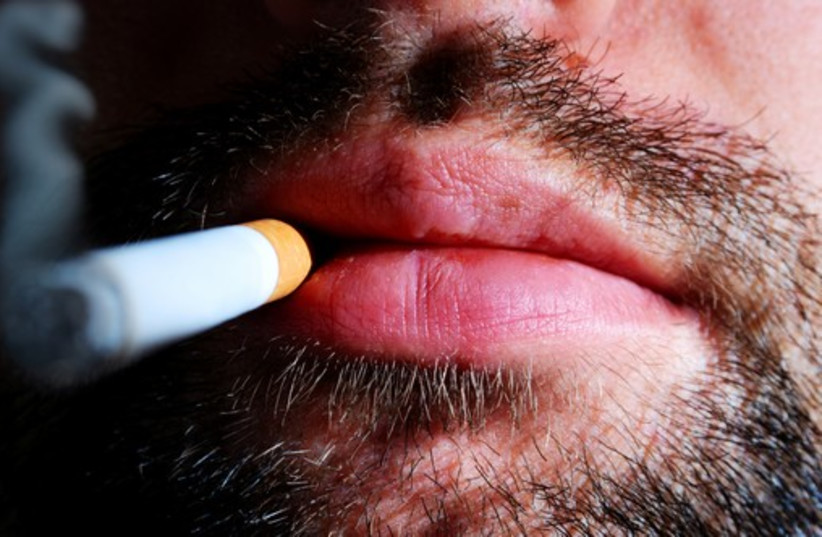Most people know that smoking causes cancer and serious respiratory system disorders, but the destructive potential doesn’t end there. Smoking damages the entire body, and this article focuses on the mouth, where damage from smoking is prominent. Here are all the ways smoking harms your teeth:
1. Yellow teeth (tooth staining)
This is aesthetic damage that causes teeth to go from yellow to brown due to the harmful substances found in cigarettes such as tar and nicotine. A correlation can be seen between damage to tooth color and how long the person has been smoking.
2. Bad breath
Mouthwash is a quick fix, but a chronic condition where the mouth stinks requires dental treatment.
3. Damage to sense of taste
Over time, smoking can severely damage the sense of taste, because nicotine overshadows our senses. This can be a problem if you need to identify spoiled food.
4. Cavities:
The most common dental problem, which of course is even more common among smokers. More than 40% of adults between the ages of 20 and 64 who currently smoke today suffer from untreated caries. Adults 65 and older who smoke are twice as likely to suffer from untreated tooth decay than those who have never smoked.

5. Tooth loss
Smoking can cause gum disease and inflammation, and over time loosen teeth in the jaw. Neglecting loose teeth can result in tooth loss and a lengthy process of restorative treatments. More than 40% of adults aged 65 and over who smoke have lost teeth.
6. Oral cancer
This is one of the most common cancers and develops mainly in older men, smokers and alcohol consumers. The tumor stage dictates treatment: surgery, radiation and/or chemotherapy. Early detection and prompt treatment offer the best chance for a cure.
7. Treating tooth damage
The best way to treat the problems described above is to stop smoking and prevent further damage to the body, mouth and teeth.
Strict oral hygiene - People who take care to brush their teeth daily, and rinse with mouthwash and floss can help the mouth and body better cope with the damage caused by using tobacco products.
Teeth whitening treatments - Provided in dental clinics.
This is only an aesthetic solution to help restore the color of the teeth. For best results, a hygienist must first thoroughly clean the teeth. After whitening, for best results don’t smoke for a while. This treatment is primarily for those who have decided to quit smoking.
Dental care - Everyone should go to the dentist for regular cleaning and examinations. For smokers, this is required in order to detect untreated gum disease and tooth decay and rule out the development of cancerous tumors.
Dr. Lior Yaniv is medical director at Clalit Smile Rothschild Rishon Lezion and a specialist in the Department of Oral Medicine of Tel Aviv University.
